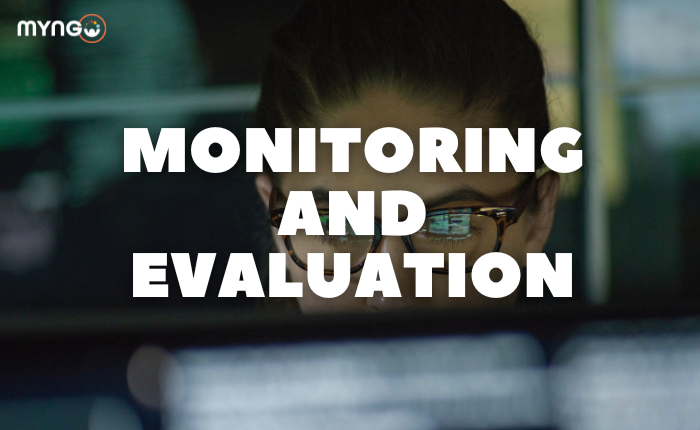
About Lesson
Monitoring and evaluation are essential for understanding the progress and effectiveness of your Erasmus+ projects. This lesson will explain why these processes are important, how they contribute to project success, and the key components of an effective monitoring and evaluation strategy.
Why Monitoring and Evaluation Matter
- Ensuring Progress: Monitoring helps track the implementation of project activities, ensuring they are completed on time and within scope.
- Improving Quality: Evaluation provides insights into the effectiveness of project activities, allowing for adjustments and improvements.
- Accountability: Both processes ensure that resources are used efficiently and that project objectives are met, providing accountability to funders and stakeholders.
- Learning and Development: Continuous monitoring and evaluation foster a culture of learning, helping organizations refine their approaches and enhance future projects.
Key Components of Monitoring and Evaluation
- Setting Indicators: Establish clear, measurable indicators to track project progress and outcomes.
- Data Collection: Collect quantitative and qualitative data to assess project performance.
- Regular Reviews: Conduct regular reviews to monitor progress, identify issues, and make necessary adjustments.
- Impact Assessment: Evaluate the impact of project activities on participants and communities.
- Feedback Mechanisms: Implement mechanisms for collecting feedback from participants and stakeholders.